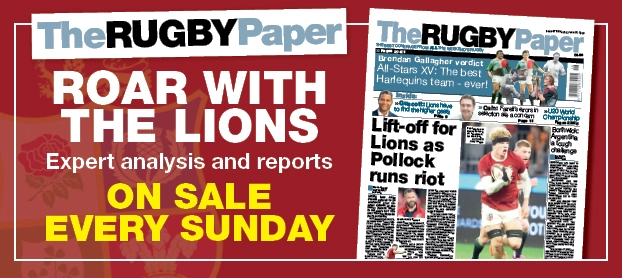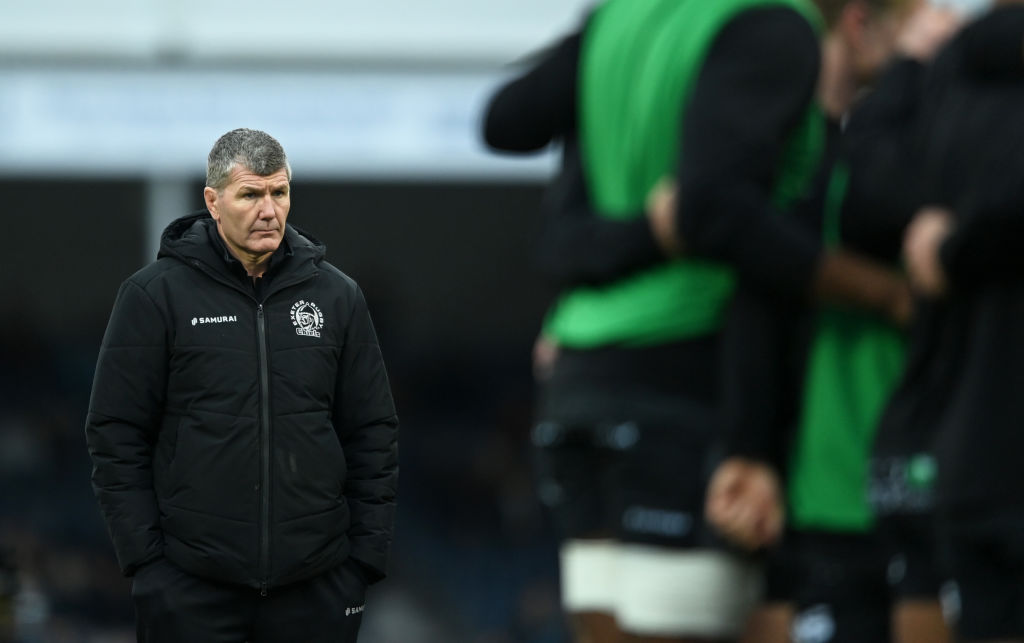Letters
Dual registration likely to distort competitiveness of recipient clubs
More in Letters
-
Leicester Tigers sign 140kg USA prop Tonga Kofe
Leicester Tigers have signed US Eagles prop Tonga Kofe, who recently helped Utah Warriors...
-
Exeter Chiefs go for South African prop Khwezi Mona
Exeter Chiefs have signed South African prop Khwezi Mona from URC side Sharks. The...
-
Agustin Pichot passed on Grizz’s kindness to my son Dan McFarland
Brendan Gallagher’s piece regarding Grizz Wylie (March 30) told of Grizz’s support and kindness...
-
Modern day warriors deserve far better
IT IS high time rugby union realised ignoring the past is the preserve of...
































